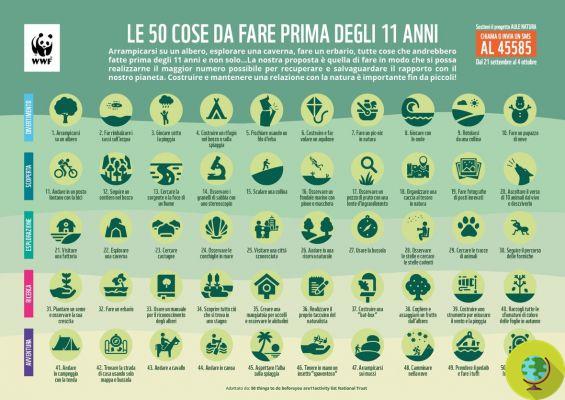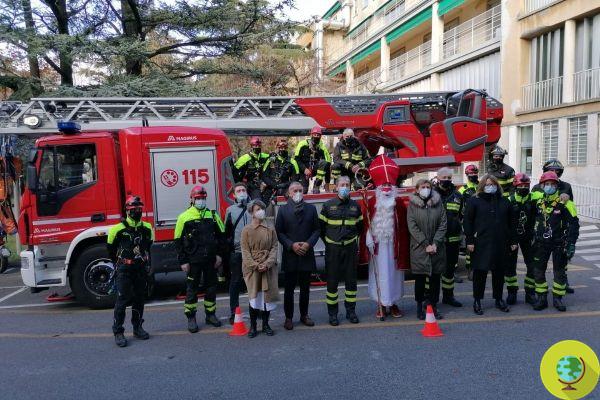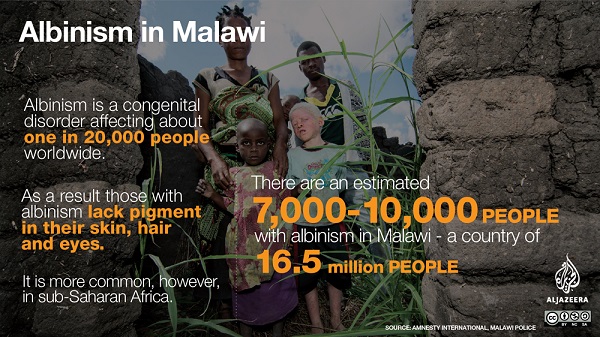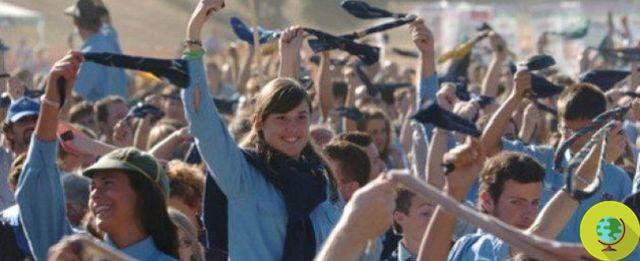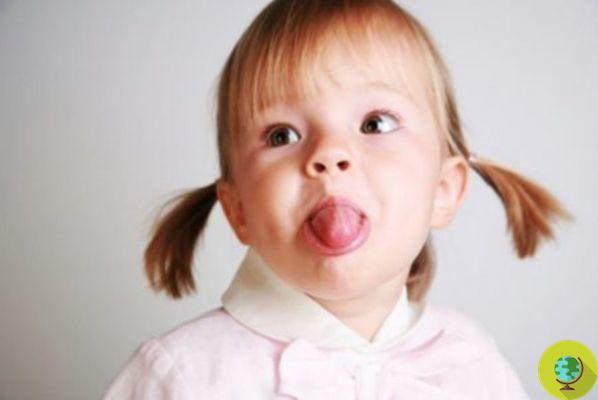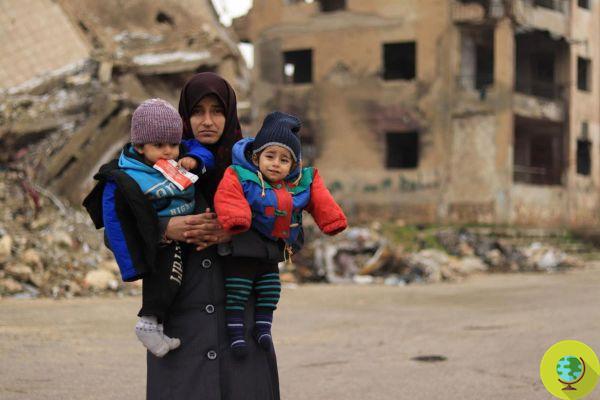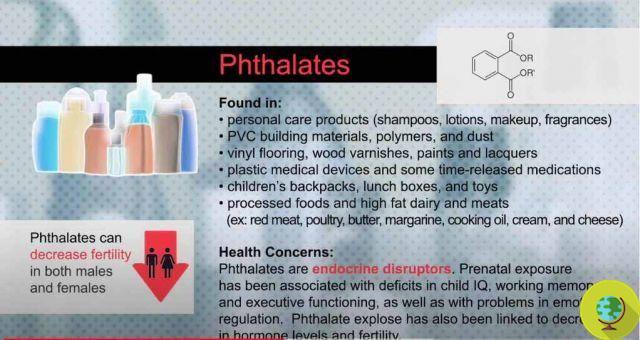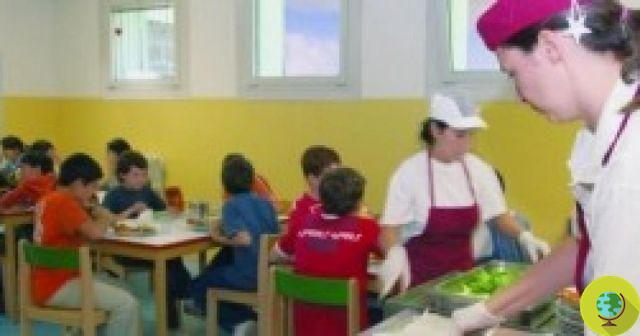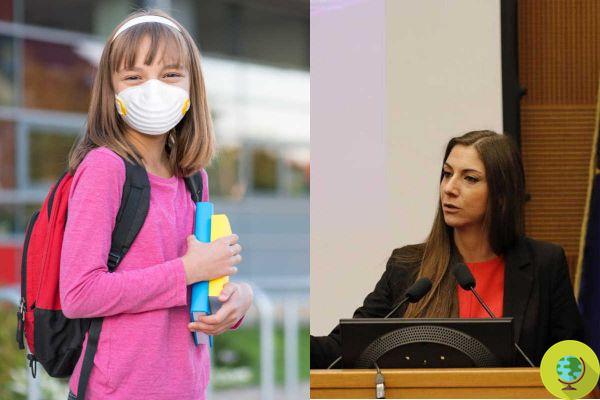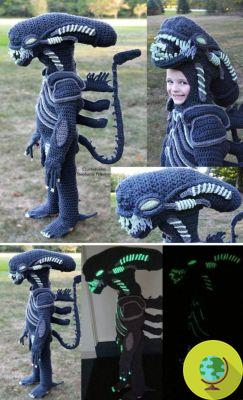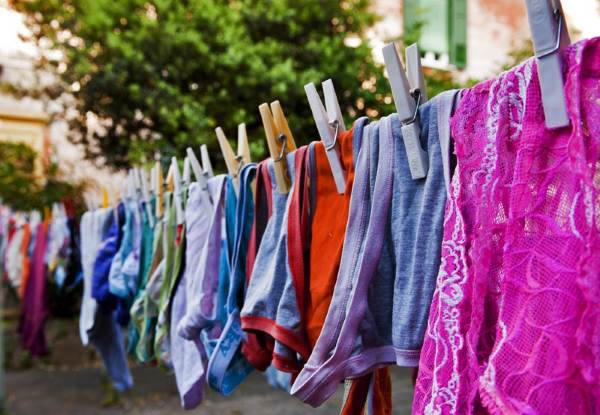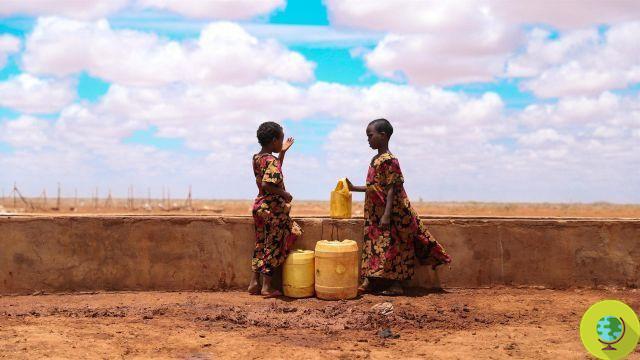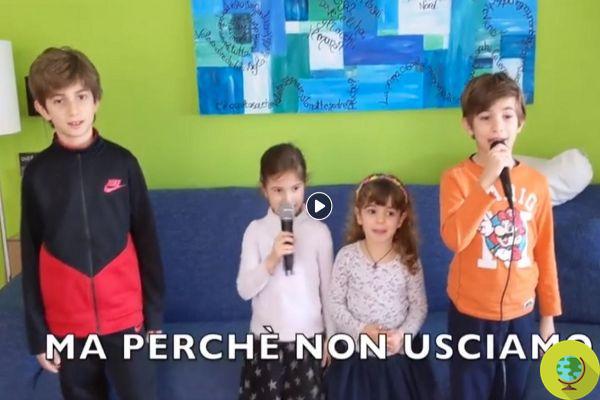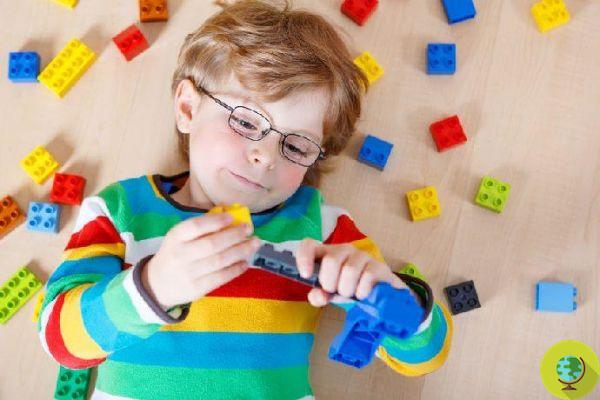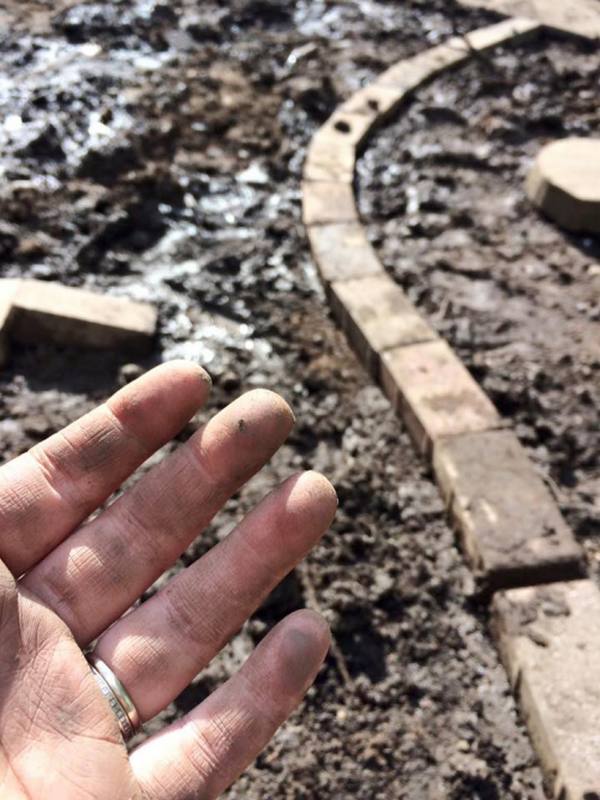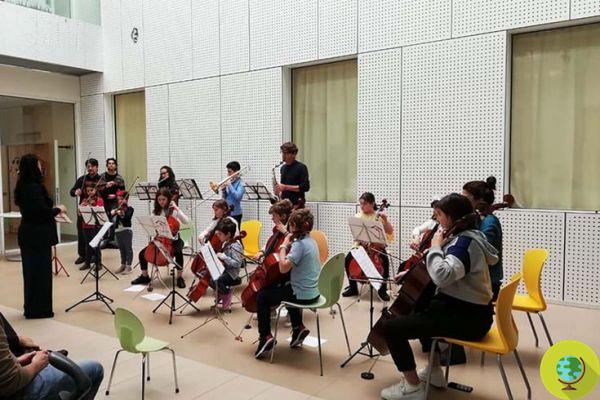A mutilated child, a solidarity contest and a trip to another continent: this is the story of Baraka, a five-year-old African child who is the victim of insane violence who, thanks to the cooperation of two non-profit organizations, arrived in the United States to receive the care he needs and return to hope for the future.
Don't store avocado like this: it's dangerous
A mutilated child, a solidarity contest and a trip to another continent: it is the story of Baraka, a five-year-old African boy victim of insane violence who, thanks to the cooperation of two non-profit organizations, has arrived in the United States to receive the treatment he needs and return to hope for the future.
This story begins last March, in a village in the Western Tanzania. Little Baraka is sleeping when armed men break into his house, stun his mother and, after grabbing and immobilizing him, cut off his right hand.
"We were just asleep when someone came." - the child told - "They came to me with a machete."
An absurd and gruesome violence, which has an even more incredible explanation: Baraka is albino, a genetic condition consisting in the depigmentation of skin, hair, hair and iris and which, according to superstitious beliefs particularly widespread in Africa and hard to die, it is related to magic.
The body parts of an albino are in high demand and profitable and feed a macabre but thriving black market: skin, bones, ears, nose, tongue, genitals and limbs are in fact used in magical rituals, for example as "ingredients" of potions to ward off the evil eye or to obtain wealth and luck . Because of this, in some African countries, being albino is equivalent to living in a state of constant danger and being exposed to kidnapping, violence, mutilation and murder.
An American non-profit organization, Global Medical Relief Fund, founded in 1997 by Elissa Montanti and based in Staten Island (New York), upon learning of the situation, she took charge of Baraka and four other very young African albinos who have suffered similar violence.
At the beginning of the summer, the children arrived in the United States and started the journey for receive customized prosthetics at Philadelphia Shriners Hospital for Children, in order to better replace the limbs they have been deprived of.
"They will not have their arm back." - he explained in this regard Elissa Montanti - "But they will receive something that will help them lead a productive life and be part of society, without being considered a freak or half-person."
Once the new limb is received and rehabilitation is completed, all five will return to Tanzania and find refuge in safe houses run by the Canadian non-profit organization Under the Same Sun, which has made the protection of albinos in Africa its mission. And, as the babies grow, the Global Medical Relief Fund will take them back to the United States to receive new prostheses.
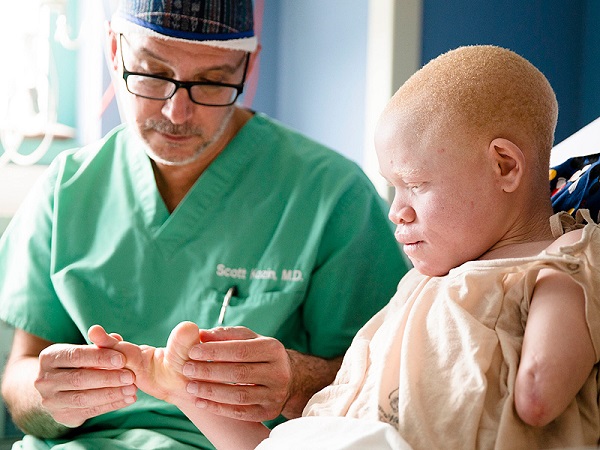
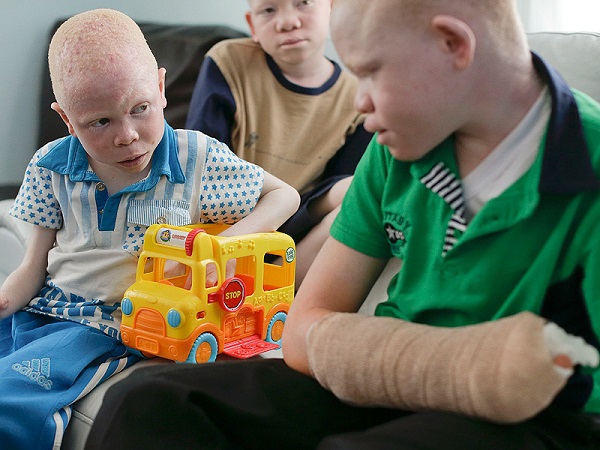
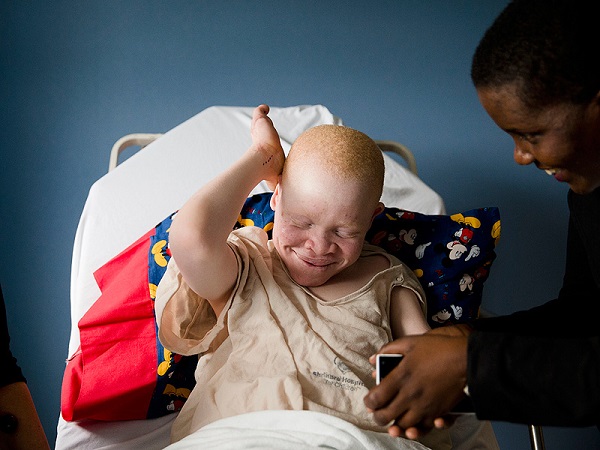
Among the travel companions of Baraka there is also Kabula, a seventeen year old girl. Kabula said her attackers, after breaking into her house, asked for money. Not having any, her mother tried to pacify them by offering them the only bicycle they had.
The attackers refused, grabbed Kabula and severed her arm from her armpit. Before walking away with her limb locked in a plastic bag, they warned her mother about that other men would return for her daughter's organs.
Kabula said she constantly thinks about the limb they took from her.
"I feel bad, because I don't know what they did with my arm, where it is, what benefits they got from it or if they just threw it away."
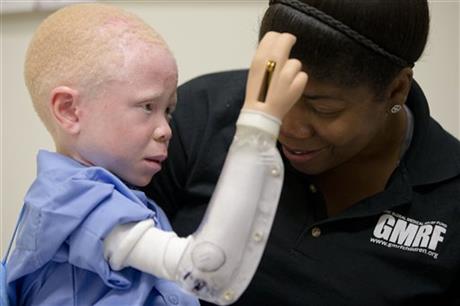
According to the United Nations, in several African countries, such as Tanzania, Kenya, Zimbabwe, Burundi and Malawi, any person with albinism is at risk, and even those who have already been attacked once can suffer new attacks, given that limbs and organs can be worth as much as tens of thousands of euros on the black market.
In Tanzania, the land of Baraka and Kabula, one person in 15 is albino. At the beginning of 2015, also due to international pressure, the country's government has officially banned witchcraft, with the hope of stopping the attacks against albinos, and has launched an awareness campaign in the areas most affected by kidnappings, violence and murders with a magical-ritual background.
But, at least for the moment, there hasn't been any turnaround: the albino population continues to be the victim of cruel and silent persecution which, as demonstrated by Baraka's story, does not stop even before the innocent gaze of a child.
Lisa Vagnozzi
Photo credits: Associated Press
READ also
10 stories of children who are committed to helping others and changing the world
Prosthetics for children made with LEGO (VIDEO)
Rebekah, victim of the Boston massacre, returns to running with a prosthesis (PHOTO)




